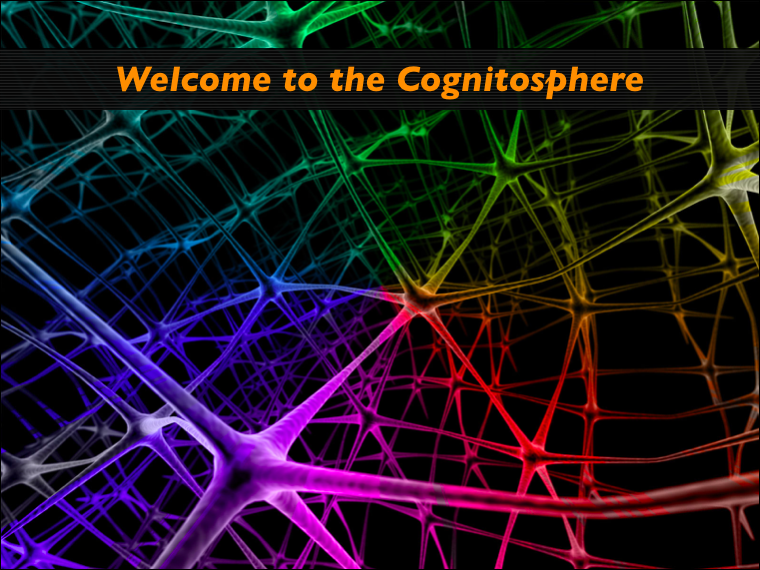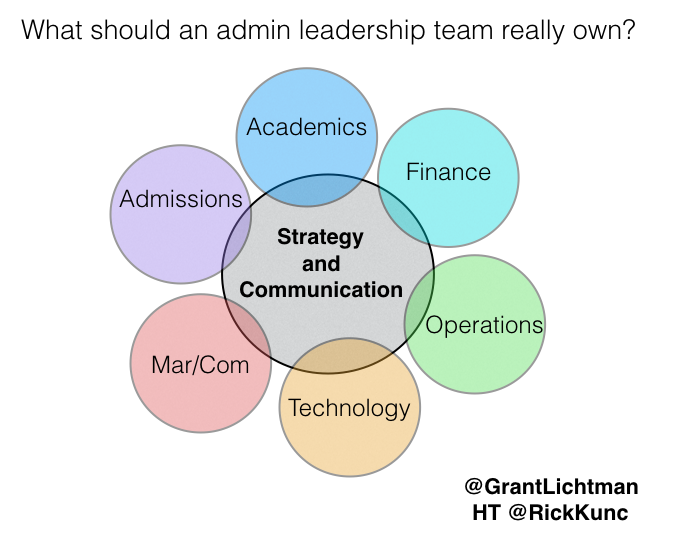Over the weekend, Libya held the first quasi-democratic elections in 50 years with a relatively low level of violence. Non-Islamist parties appear to have at least somewhat of an attraction to voters. In Tunisia and Egypt, similar election cycles have been held within 18 months of revolutions that started with popular uprisings in the streets. We have no idea how this will turn out, if anything approaching mature Western-style democracies will take hold in the region, what they might look like, and how long it will take.
What does this have to do with education? Everything.
Twenty years ago I had an almost front row seat to the dissolution of the Soviet Union. I was part of a small company that negotiated a contract, signed by Mikhail Gorbachev, to assist the USSR in their break-out invitation to foreign oil companies to invest in the rapidly decaying Soviet oil and gas industry. We travelled and worked from the social-political nightmare of Moscow to the frozen wastes of northern Siberia and the blistering deserts and fragrant gardens of Uzbekistan. My Soviet friends welcomed the radical changes that occurred in their closed society in those heady days of the late 1980’s and early 1990’s. They thought everything would change with lightening speed. I warned them that I thought it would take at LEAST these twenty years. I was wrong. The changes happened with incredible speed; not what anyone forecast, but radical change nonetheless.
The pace of change in the world is remarkable. Our students today have to be TAUGHT that there was a Cold War, that we lived on the daily brink of worldwide annihilation, just 20 years ago. Russia is by no means a perfect democracy, but it took America more than a century after our revolution to work out the basic issues that held us together more than tore us apart. Russia is somewhere on that path, and though a far way from settled, we are also at least somewhat removed from the Gulag Archipelago, hidden smallpox labs, and unguarded missile sites. Now three major Arab countries, steeped in centuries of Middle Age-era authoritarianism and colonial domination have held something that starts to look like democracy in just 18 months. It may well take them a century to get it right, and a lot of blood will likely be spilled, but there is no question that this, like the dissolution of the USSR that has already faded from most memories, will have a remarkable impact on how the world operates in the lifetimes of our current students.
How much time do we as educators devote to ensuring that our students understand these massive and critical shifts in the world; why they happen, what they mean? In the 13 years of a K-12 curriculum, how much time does the Cold War and the fall of the Eastern Bloc get? A week? Less? How many of our teachers are prepared to mentor students through a discussion and investigation of the rapidly evolving political landscape in northern Africa? By the time we work that into the curriculum, will it be eclipsed by events of equal portent elsewhere? Of course.
We have to shift from generational teaching to a vastly more real-time model of information absorption. Creating curricula with a 10+year cycle is absurd. When I wrote a couple of days ago about first destroying, then creating, this is exactly what I meant. Yes, we will upset people by taking sacred cows out of the curriculum to make room for this real-time absorption. That is both OK and good. I am a lover of history, but if I had to prioritize, there are large chunks of the 15th-19th centuries that I would forego in the classroom if need be to make room for the events of the last 50 years. Will everyone agree? Heck no. But if the Libyans can hold a national vote that even hints at the start of a democratic institution a year after the fall of Ghaddafi, American teachers should be able to let go of their own traditions and figure out how to radically update how and what we teach.




Amen! I wonder…
How many teachers who ID themselves as US History teachers will revise curricula to engage a long-term compare and contrast study of Arab Spring and American Revolution? I would LOVE to take such a course. I would LOVE to facilitate such a course! So many interdisciplinary possibilities! So many opportunities for citizenship and democracy engagement and empowerment!